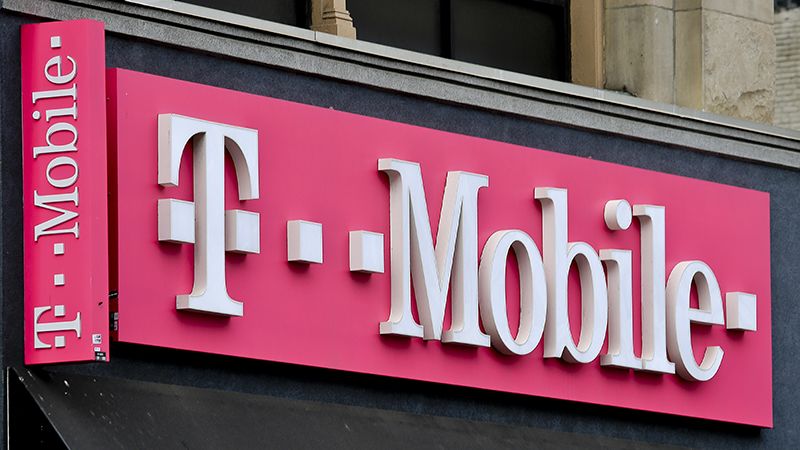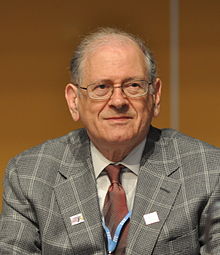T-Mobile Starts to Roll Out its Invite-only Home LTE Internet Service
T-Mobile, on Thursday, announced that it is piloting a new in-home invite-only internet service on LTE, for the rural and underserved areas in the U.S., through a news post. According to the post, though the service the company intends to connect 50,000 homes this year. The service is only available for T-Mobile‘s existing users and will get the service through invites-only.

This limited service will cost $50 a month for its subscribers, and it is a trial for the company’s future cable internet business. Since it is about to launch its 5G service, soon, ahead of that, it is also the test for the company that it is capable of delivering the 5G services to its huge user base.
The new wireless technology will help the home users get rid of the broadband wires, and they will not have to roam around the router to get the full coverage. For now, the company is providing a 50 Mbps over the 4G LTE network, with no data caps, and after the launch of the 5G network, the speed will, eventually, be raised to 100Mbps.
“For now, only a limited few T-Mobile customers – the goal is to reach 50,000 households this year, less than .04% of U.S. households. But the New T-Mobile plans to cover more than half of U.S. zip codes by 2024 with the capacity for 9.5 million households to cut the cord.” stated the company in the news post.
Earlier this month, T-Mobile had also announced that if it fulfils its pending merger with Sprint, it will launch its 5G home internet soon. So the in-house 4G home internet can be a hint on that the company is ready for its 5G home internet service. By providing the internet service to the rural areas, the company is also trying to warm FCC decision makers up to the merger.
Currently, AT&T and Verizon are already bracing up for the launch of their home internet service, and if the merger succeeds, there will be lesser competition left for T-Mobile in the wireless service industry. The company also claimed that this new service will help Americans choose better internet service and will save billions of dollars.

Yashica is a Software Engineer turned Content Writer, who loves to write on social causes and expertise in writing technical stuff. She loves to watch movies and explore new places. She believes that you need to live once before you die. So experimenting with her life and career choices, she is trying to live her life to the fullest.


